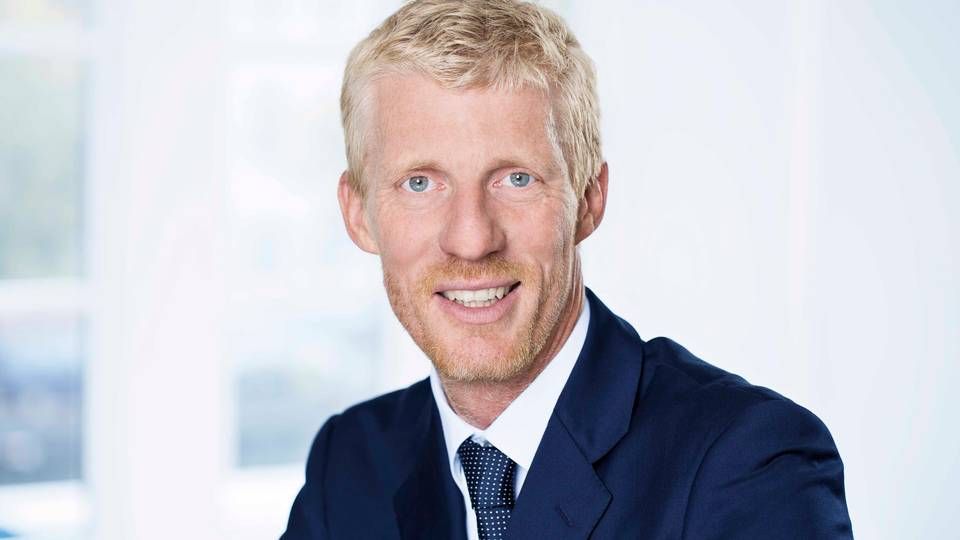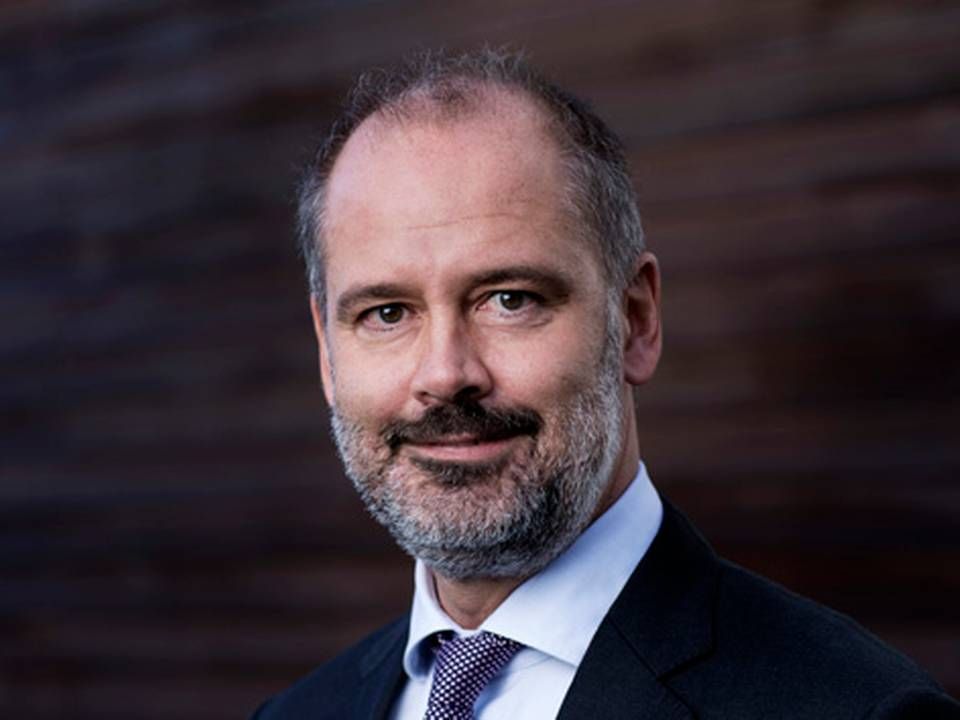"I didn't even notice a major round of layoffs before half of my colleagues on the floor were gone as the day went by"

What career path did you envision for yourself when you were younger?
"Nothing specific, it was somewhat vague to me until my late 20s (I feel kind of sorry for young people today who are pressured to choose faster still). The financial sector wasn't even on my mind. It was journalism to begin with, but I ended up studying economics. After a few boring years, I got Jørgen Søndergaard, currently chairman of the board of directors at ATP, then head of secretariat at the Danish Economics Councils, and Per Bremer Rasmussen, currently CEO of Forsikring & Pension, as teachers, and that is when my interest in economics and social conditions really blossomed. At the same time, I was fortunate enough to be working as a student assistant at the Danish Ministry of Finance for Per Callesen, who is now Deputy Governor of the Danish Central Bank, and Jørgen Rosted (I learned more in one year there than I did in several years at university, so student jobs are important!), so I expected that I was going to be an economist."
When did you decide on the career path that you're on today?
"It all started completely by accident. I was writing my final project when I met Lars Juelskjær, currently CEO of SEB, on the street. I had worked for him as a student assistant at A/S Storebæltsforbindelsen. He asked me if I would like to interview for a job at stockbroker firm Alfred Berg, which was looking for an economist to cover Danish economy. I did well, apparently, so I was hired, and that was me on track. I found out that I was pretty decent at the whole thing with the connection between macroeconomics and the financial markets. So when I was offered the chance to become an equity strategist at Alfred Berg, and then at Nordea, and then again a strategist in the broadest sense at Nordea, covering all asset classes, I accepted the offer."
What part of your education has been most useful in your career?
"The economics, no doubt, but also the statistical and financial subjects have been very useful. They provided a solid basic knowledge, despite there being a few holes and missing pieces in the beginning. I remember being newly hired at Alfred Berg, and I called the Danish Central Bank with a few questions about the foreign currency reserves, and I was told to call back when I had read my textbooks properly. Then the phone was hung up. What a burn!"
What part of your CV represents the most drastic change in your career path?
"No doubt when I went from being a specialist to a team leader in 2006 at Nordea on the Asset Allocation team. I was a specialist with a capital S, complete tunnel vision, total focus on my own work. I didn't even notice a major round of layoffs before half of my colleagues on the floor were gone as the day went by. I attended section meetings without hearing a word that my boss or my colleagues said. It was bad. And then my boss left, and I was asked to take his place even though I didn't feel like it was the place for me. Suddenly I was the person at the table end who had to map out the guidelines for the whole team of specialists, give feedback, attend management meetings, be politically active in the organization, tackle some Nordic challenges, etc. It was something of a challenge and a radical change for me, but it was extremely interesting."
Which leader in the industry has been most inspiring to you career-wise?
"Allan Pollack, CEO of the whole Savings & Asset Management unit at Nordea for a number of years. Not because of his career choices, but more because of his leadership style. Always visible even though he was responsible for hundreds of people, incredibly professionally competent, always attentive and curious towards what was happening in the organization, always good for a laugh, readily taking the floor at parties and dancing around to the party classics."
Top strategist leaves Carnegie
"Nobody in my social circle had any idea what my occupation was"
Theoretical statistics turned out to be some of the most useful knowledge
"...I really wanted to become a film director"
"I had sufficient self-awareness to realize that there were better mathematicians than me"
"I had never imagined that I would experience a sacking"
English Edit: Marie Honoré















